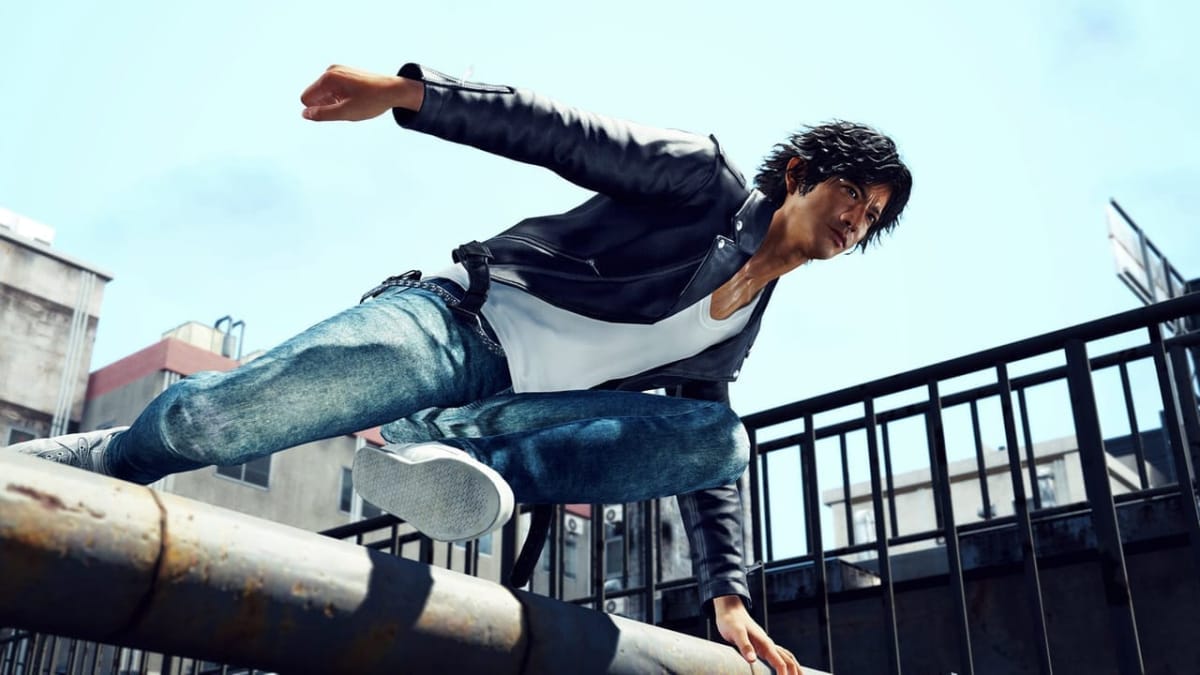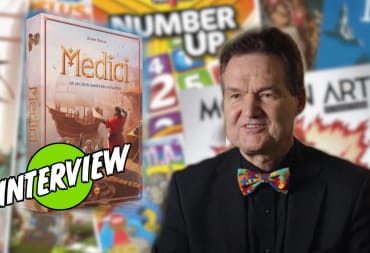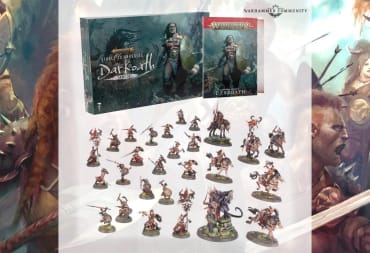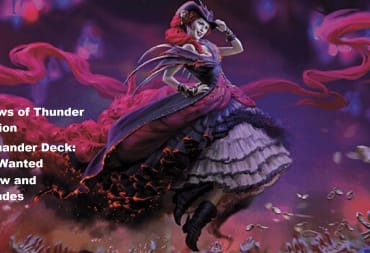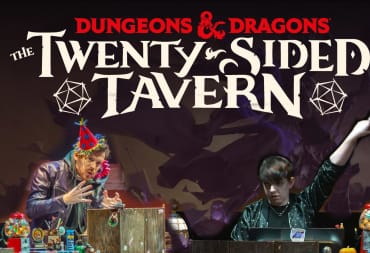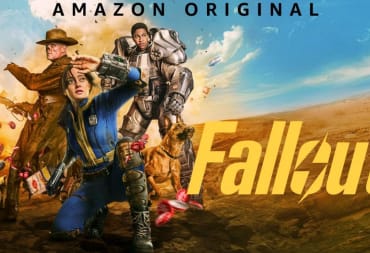Tomorrow, Westerners will finally get their hands on Judgment, the most recent venture from Ryu ga Gotoku Studio. The game follows attorney-turned-private-investigator Takayuki Yagami as he investigates a series of mysterious deaths in Tokyo’s (fictional) red-light district, Kamurocho. To solve these cases, he must bend the law in order to seek justice. It’s worth noting, too, that Judgment will arrive with full English audio on launch.
Why is that such a big deal? Well, the studio solidified its place in the action brawler scene with the Yakuza series. These narrative-heavy games tell the story of Kazuma Kiryu, a former yakuza who always finds his way back to Kamurocho. Historically, these titles came out in Japan first, receiving a text-only localization in the West. Characters still spoke in Japanese, but everything was subtitled.
The story remains the same for Judgment; it came out in Japan back in December. However, the scope of its localization has ostensibly doubled with the addition of an English dub. Furthermore, it’s hard to imagine the amount of work that went into reproducing the game in a new language. To dig into the story behind this English version of Judgment, I spoke with Sega Localization Producer Scott Strichart at E3.
The Origin of an English Dub
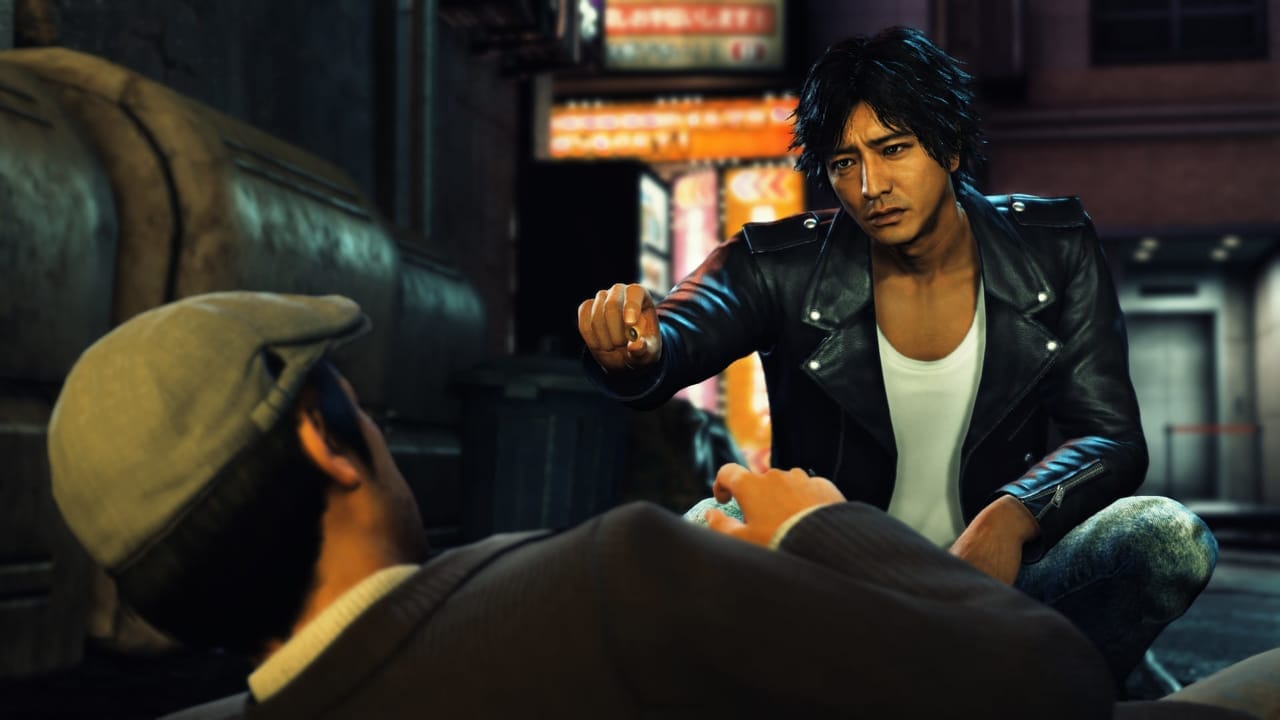
Judgment marks the fifth game Strichart worked on while with Sega. Previously, he worked on other Yakuza titles, like Kiwami and 6. Of course, none of those games had an English dub, but the idea came up when his team started working on Yakuza 0. After some discussion, they decided to table the concept for the remainder of Kiryu’s story.
“The idea of inserting the English dub into the middle of Kiryu’s arc seemed really disingenuous. Fans have been playing with him in the Japanese voices,” he said. “It just wouldn't have felt right at all to bring them in at that point.”
With Judgment—or Judge Eyes, as it’s known in Japan—Sega had a clean slate. Despite sharing the same setting as the Yakuza series, this game features new characters and new stories to share.
“With Judgment being a completely new cast, completely unfamiliar, this felt like the right point to be able to introduce an English cast that you could play,” Strichart said.
Double the Localization
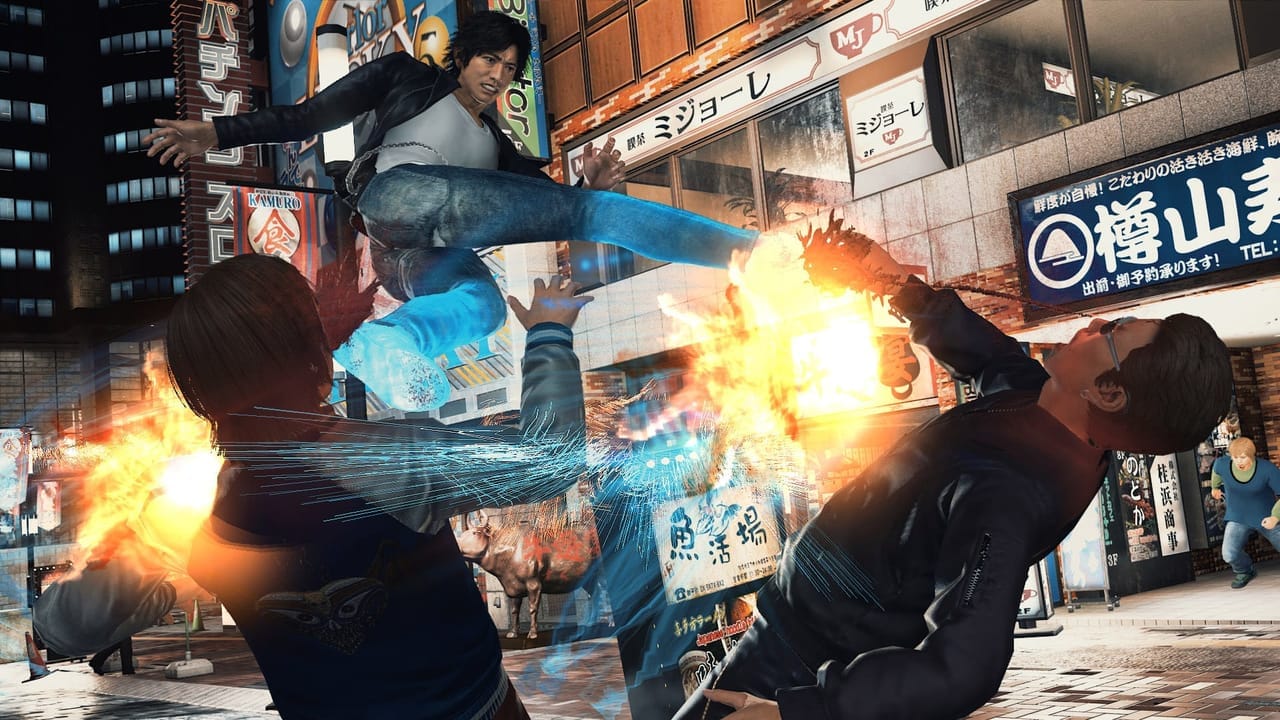
Thanks to all the work that Strichart and his team did, players can get to know Yagami and his story in English or Japanese. However, the effort they put in goes above and beyond your average localization. For starters, Judgment comes loaded with two distinct sets of English subtitles. One accompanies the English audio, and it matches what the characters say verbatim. With these settings, you might not even realize the game came from Japan, as the entire experience is tailored for an English-only audience.
For those who want an experience closer to the original Japanese, you can play the game with Japanese audio. This mimics the experience found in games like Yakuza 6 or Kiwami. Additionally, a different set of English subtitles are used here, and it aims to capture the essence of the original language as much as possible. Yakuza faithful likely know exactly what this would look and sound like. Frankly, if Judgment didn’t come with Japanese audio, diehard Ryu ga Gotoku fans in the West might riot. Strichart’s team knew that.
“You just get that authentic, Yakuza-level experience without us pushing it too far into English,” Strichart said. “They've been playing in Japanese for so long. It wasn't right to say, 'Well now that we have English audio, that's now the priority language.' Both have their unique experience.”
By providing both English and Japanese full audio, Judgment caters to the old guard who contributed to Ryu ga Gotoku’s success. Simultaneously, it entices newcomers to join the fold. After all, language barriers are a tough hurdle for many to cross, even with subtitles. With a full English cast, Judgment has a chance to capture a wider audience.
Making the Best First Impression
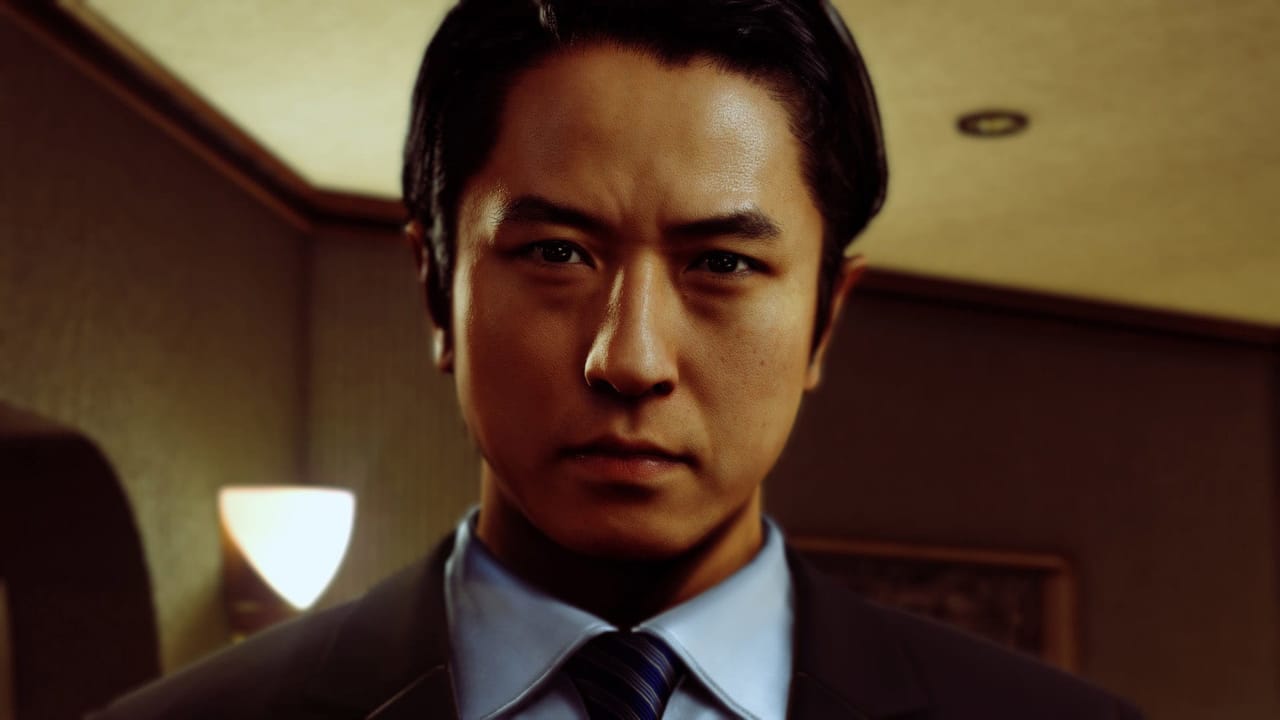
Considering Judgment will be the first Ryu ga Gotoku game in years to have an English dub, there’s a lot of pressure. Fortunately, Strichart’s team rose up to the challenge. They held more than a thousand auditions to find the right voice talent. In some cases, they even reached out to specific people who they thought would fit the roles perfectly.
“I feel like we nailed it,” Strichart said.
And you can see for yourself in the various trailers Sega has been publishing. Some big names got involved in the project, including Crispin Freeman (Itachi Uchiha in Naruto, Winston in Overwatch) and Matthew Mercer (Chrom in Fire Emblem, McCree in Overwatch). The team knew they had to go big or go home when it came to assembling the English cast.
https://twitter.com/RGGStudio/status/1131632164402008066?ref_src=twsrc%5Etfw%7Ctwcamp%5Etweetembed%…
To capture the original Japanese as authentically as possible, the team would play every original line before recording them. This let the actors internalize the emotion and inflection behind each line before delivering it in English.
“When you talk to Greg [Chun] or when you talk to Crispin, they get the emotional intent and then have to spin it in their mind to make it their own performance in English,” Strichart said.
Sinking Time into Lip Syncing
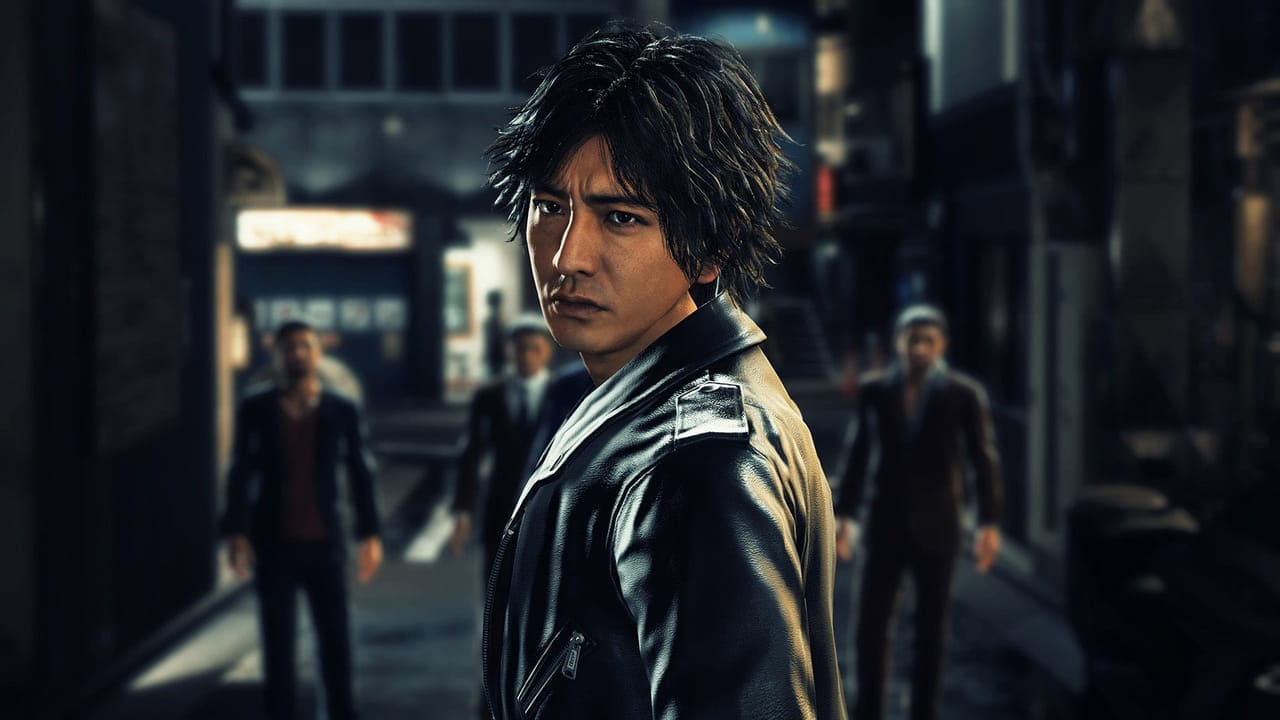
Anyone who consumes a lot of translated content knows that lip syncing can be a huge point of contention. The gamut ranges from the low effort of cheesy kung fu movies to the higher production values seen in some anime today. Sega’s localization team leans toward the higher end of the scale, going all out to make the English dub seem as natural as possible.
Roughly speaking, the cutscenes in Judgment can be separated into two categories: the beautiful, pre-rendered cutscenes, and the in-game, in-engine cutscenes. Strichart and his team approached both types differently. For the pre-rendered videos, a lot of work went into having the English lines match the Japanese lips. For the most part, it works, but the team did run into a few challenges.
“Some lines look awesome, and others are like, 'Oh, you can tell that that's not quite there,’” Strichart said. “But in the interest of telling the story, you have to cheat it a little.”
However, the in-game cutscenes were a whole other ordeal to tackle. Instead of having to match the Japanese lip flaps, the team reproduced the facial animations based on the English audio. After running them through an algorithm, artists went through to fix any weird animations. Essentially, these in-game cutscenes look different when you switch between Japanese and English audio.
The changes may be minor, but it all contributes to that authentic experience Sega is going for, regardless of your language choice. This all plays into Strichart’s hopes of having his team’s efforts resonate with the audience.
“The two dub tracks is pretty sweet, and the two subtitle tracks. I don't feel like a lot of games have really ever done that,” Strichart said. “I want to bring authenticity to games from Japan. I hope this was a step in the right direction.”
Judgment launches exclusively on the PlayStation 4 on June 25.
Have a tip, or want to point out something we missed? Leave a Comment or e-mail us at tips@techraptor.net
